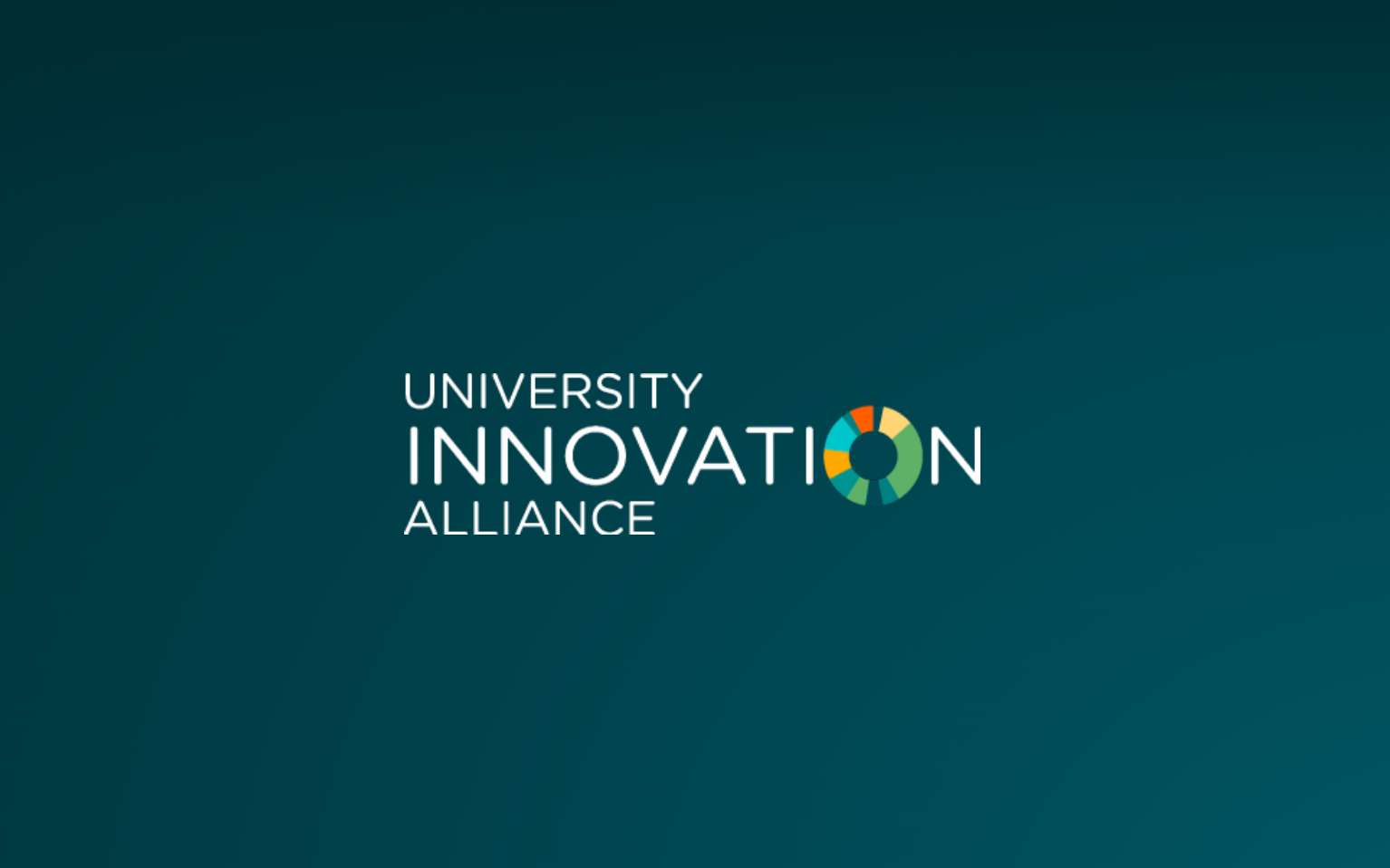
Remove Structural Barriers to Success
We want to see an educational system that gives everyone the opportunity to succeed. At Ascendium, we continue to prioritize investing in the widespread adoption of evidence-based institutional and system policies and practices that drive equitable opportunities for upward socioeconomic mobility. The urgency of this work has been further driven home by the COVID-19 health crisis, which has disproportionately impacted learners from low-income backgrounds and deepened existing disparities in opportunity and achievement.
Over the past year, we’ve been focused on funding opportunities that respond to the immediate challenges of postsecondary systems, institutions and the learners they serve, while also seeking to leverage shifts that occurred because of the health crisis to rebuild more equitable systems. We’ve sought opportunities to harness technology to identify and dismantle barriers to student progress. Our hope is that the outcomes and impacts generated by these initiatives encourage more institutions and systems to make structural changes.
We are optimistic about the shifts many colleges and universities made this year to better serve learners from low-income backgrounds. We look forward to supporting efforts to maintain and build upon this progress.
Featured Grants
Strategically Financing Structures to Remove Barriers
$3 million
Many colleges and universities make significant investments in initiatives to improve equitable student outcomes, but these initiatives are often rolled out in siloed divisions, without integration into budget development and long-term financial strategies. The National Association of College and University Business Officers (NACUBO) seeks to address this problem by creating a network of postsecondary education leaders equipped to transform their institutions through strategic finance. Building on lessons learned from a previous Ascendium planning grant, this effort will address barriers to success systematically — producing frameworks, tools and models that will change how colleges analyze, prioritize and fund initiatives committed to equitable student outcomes.
Curricular Analytics
$2 million
Rigid and confusing sequences of courses and prerequisites can pose barriers to successful progression and on-time degree completion. At research universities, especially, refining course offerings and streamlining curricular structure require compelling data to engage faculty in reforms. This grant supports the Association for Undergraduate Education at Research Universities (UERU), housed at Colorado State University, in verifying the relationship between curricular structure and equitable learner outcomes. Working with institutions to use the open-source suite of software called Curricular Analytics, UERU can examine the negative impact of complex curricula on equitable student success and help academic leaders drive data-informed change.
Developmental Education Reform
$3.3 million
Placement in developmental education math and English courses presents a significant barrier to completion for learners from low-income backgrounds, first-generation students and students of color. An extensive body of evidence points to more effective placement practices and curricular onramps that help more learners reach equitable outcomes. That's why we've provided funding to the Minnesota State system, the Partnership for College Completion (in collaboration with the Illinois Community College Board) and The Campaign for College Opportunity. These grants will help postsecondary leaders in Minnesota, Illinois and California build and implement equitable policies and practices to improve persistence and completion rates for these students.
Featured Story

We supported the University Innovation Alliance’s (UIA’s) effort to understand what it takes to develop, implement and evaluate completion grant programs. UIA’s 11 institutions combined to provide over $3 million in completion grants to nearly 5,000 students, all of whom were nearing the end of their college journey and needed modest financial aid to complete their degrees. Just as importantly, the process allowed the institutions to identify and address barriers in their systems that hindered student success.
But the initiative’s impact didn’t stop there. Wanting to share what was learned, the institutions collaborated on a Completion Grants Playbook designed to help colleges and universities introduce completion grants on their campuses. Launched in 2021, this playbook is now helping colleges and universities better understand institutional barriers and student financial needs as a first step in scaling their efforts, offering future generations of students a better shot at academic success.




